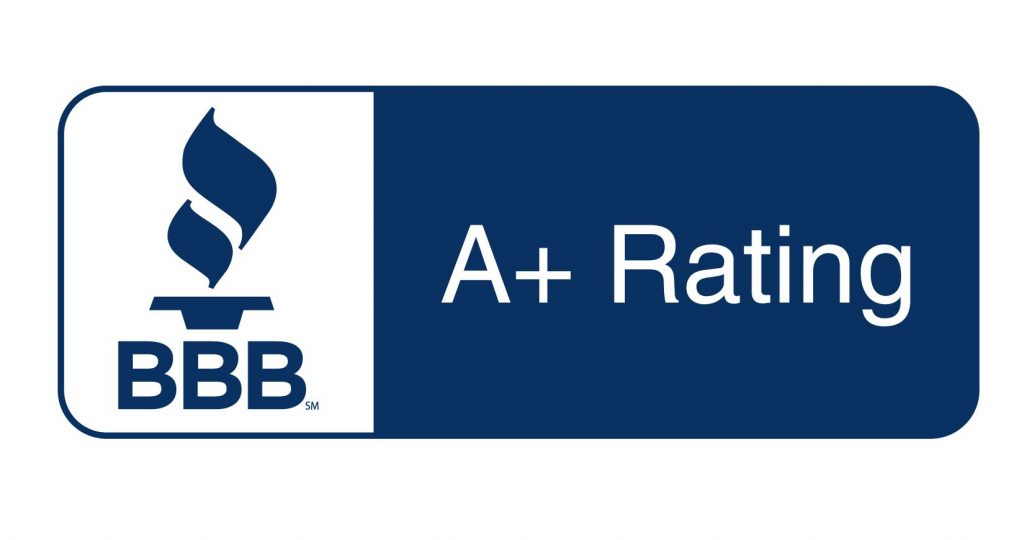Medicare covers Durable Medicare Equipment (DME) that beneficiaries may need to help them complete daily activities. DME includes a variety of equipment, such as walkers, oxygen tanks, and wheelchairs. However, there are rules you’ll need to follow in order for Medicare to cover the items. Today, we’ll help you understand what might be considered DME, how to know if Medicare will cover the DME you need, and what your costs could be.
What is Durable Medical Equipment (DME)?
As we mentioned, durable medical equipment encompasses a diverse range of medical devices designed to improve the quality of life and support daily functioning for individuals with medical needs. The items are intended for long-term use and play a vital role in managing certain health conditions and disabilities. DME includes (but is not limited to) mobility aids such as wheelchairs, walkers, and scooters, as well as home medical equipment like hospital beds, oxygen equipment, and diabetic supplies.
The significance of DME cannot be overstated, as it empowers individuals to maintain independence, mobility, and overall well-being within their homes and communities. From assisting with mobility challenges to facilitating therapeutic interventions, DME serves as a lifeline for many Medicare beneficiaries, enabling them to lead fulfilling lives despite health limitations.
Medicare Part B Coverage for DME
Medicare Part B, one of the two primary components of Original Medicare, extends coverage to a broad spectrum of outpatient medical services and supplies, including durable medical equipment. This facet of Medicare ensures beneficiaries have access to essential healthcare resources outside of hospital settings.
Under Medicare Part B, coverage for DME is contingent upon meeting specific criteria established by the Centers for Medicare & Medicaid Services (CMS). To qualify for coverage, DME must be deemed medically necessary to treat or manage a beneficiary’s medical condition, improve their functioning, or assist in preventing the deterioration of their health.
Eligible beneficiaries can navigate the process of obtaining coverage for DME by following a structured protocol. This typically involves a healthcare provider prescribing the necessary equipment, documenting the medical necessity, and submitting the requisite paperwork to Medicare or the designated Medicare contractor for review and approval.
It’s important to note that while Medicare Part B covers many DME items, coverage limitations and restrictions may apply. Beneficiaries should familiarize themselves with the specific guidelines governing DME coverage to ensure their needs align with Medicare’s criteria.
Types of DME Covered by Medicare
Let’s take a closer look at the types of DME commonly covered by Medicare.
Mobility Aids
- Wheelchairs: Manual and power wheelchairs are covered by Medicare when deemed medically necessary for mobility.
- Walkers: Basic and advanced walkers, including rollators with wheels, are eligible for coverage.
- Mobility scooters: Medicare may cover electric scooters for beneficiaries with mobility impairments.
Home Medical Equipment
- Hospital beds: Adjustable beds for home use may be covered if prescribed by a healthcare provider for medical necessity.
- Oxygen equipment: Portable oxygen concentrators, oxygen tanks, and related supplies are covered for beneficiaries with respiratory conditions.
- Nebulizers: Devices used for administering medication in mist form are covered when prescribed by a healthcare provider.
Diabetic Supplies
- Glucose monitors: Medicare covers blood glucose monitors, test strips, lancets, and other supplies for beneficiaries with diabetes.
- Insulin pumps: Insulin pumps and necessary supplies may be covered for eligible beneficiaries.
Prosthetic Devices
- Prosthetic limbs: Medicare provides coverage for prosthetic limbs and components necessary for functional restoration.
- Breast prostheses: External breast prostheses following mastectomy surgery are covered by Medicare.
Orthotic Devices
- Braces and supports: Orthopedic braces, supports, and other orthotic devices prescribed by healthcare providers may be covered.
It’s important for beneficiaries to consult with their healthcare providers to determine the appropriate type of DME for their specific needs. Additionally, beneficiaries should ensure that the DME supplier they choose participates in Medicare and meets all Medicare billing and quality standards requirements.

How Does Medicare Determine Coverage for DME?
Medicare’s coverage determination process for durable medical equipment is rooted in ensuring that beneficiaries receive access to medically necessary resources while adhering to established guidelines and criteria. Understanding how Medicare evaluates and approves coverage for DME is essential for beneficiaries navigating the healthcare system.
First, the items must be medically necessary. This means that it must be prescribed by a healthcare provider to treat a medical condition. It also must be deemed essential for improving or maintaining function or preventing the deterioration of health.
Second, there must be proper documentation. Healthcare providers must document the medical necessity of the DME in your medical records. That documentation should include details about your medical condition, your functional limitations, and the rationale for recommending the specific DME.
Cost-Sharing for DME under Medicare
While Medicare provides coverage for durable medical equipment, beneficiaries are often responsible for cost-sharing expenses associated with their healthcare services and supplies.
Part B has an annual deductible. If you have not met your deductible for the year, you will first need to pay it. Once you have met the deductible, Part B will pick up 80% of the approved costs, leaving you with the other 20%.
However, your costs will likely be less if you have a Medicare Supplement plan. For example, if you have Medigap Plan G, it will pick up the 20% coinsurance costs, and you’ll only be responsible for the Part B deductible. If you have a Medicare Advantage plan, your costs will be outlined in the plan’s summary of benefits.
Get Medicare Help from Carolina Senior Benefits
At Carolina Senior Benefits, we understand the importance of empowering individuals with the information and guidance necessary to make informed decisions about their healthcare coverage. Whether you’re in need of mobility aids, home medical equipment, or diabetic supplies, Carolina Senior Benefits is here to support you every step of the way. Our dedicated Medicare advisors are committed to providing personalized assistance, navigating the complexities of Medicare, and helping you access the resources essential to your health and well-being.
Don’t hesitate to reach out to Carolina Senior Benefits for expert guidance and support on your Medicare journey. Contact us today to learn more about how we can assist you in maximizing your Medicare coverage.





